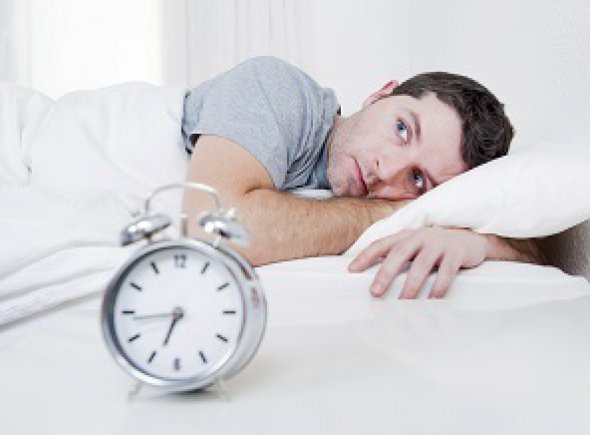
It is time to tackle the epidemic no one talks about – lack of sleep! Researchers noticed that those in the military undergoing basic training or enrolled in the U.S. Military Academy at West Point, slept approximately five hours per night with sleeping problems on the rise since 2000. Sleep is important! Lack of sleep can interfere with concentration, alertness and decision making, increase negative emotional symptoms associated with depression, panic and trauma and increase the likelihood of obesity. The Performance Triad – sleep, activity, nutrition – recommends that you snooze for at least eight hours per 24-hour period.
Help yourself to some sleep with these tips:
Not getting enough sleep? Not sleeping well? Do not fret. There are many things YOU can change to naturally increase the amount and quality of your sleep.
Making changes to your environment is first. It is best to sleep in a quiet, cool, dark place if possible. Excess noise and light can re-energize your body, which makes it more difficult to sleep.
Having a colder temperature helps put your body into a “hibernation” mode that encourages deep sleep. Using a fan, white noise machine, earplugs, black-out curtains or a sleep mask can help achieve optimum sleeping conditions.
Avoiding caffeine, nicotine, alcohol and big meals one to three hours before bed can make your sleep more restful.
Getting enough natural light during the day and avoiding naps can help strengthen your sleep-wake cycle so you are tired at night. Using the bed/bedroom for only sleep-related activities can help your body associate those areas with sleep. If you are constantly working on your laptop in bed, for instance, and dealing with work stressors, your body will remember the stress and associate it with that location, making it more difficult to sleep well.
Maintaining a bedtime routine that works for you will help your body gradually prepare for sleep, since it can start to predict that a good night’s rest is coming up! If insomnia creeps up on you, do not force yourself to lay in bed worrying about when you will actually go to sleep. Just get up, do something else and try again when you start to feel sleepy.
There are many Army resources that you and your family can use to help catch up on some well-earned ZZZs. The Performance Triad, rolling out enterprise-wide this year, has excellent resources to help with sleep, including a free app for smartphones – just search “Performance Triad.”
Contact the Stuttgart Wellness Center for help, located in Building 2337 on Patch Barracks at DSN: 590-1601/civ. 0637194641601, or visit http://rhce.amedd.army.mil/stuttgart/.
If you suspect you might have a sleep disorder or have many sleepless nights, seek assistance from your primary care manager. It is much easier to stop problems in their infancy than to treat them once they have magnified. Make sleep your priority this month! Using these sleep tips can lead to a healthier, happier, more alert YOU!
Original article: http://www.army.mil/article/163014/Are_you_getting_enough_ZZZs__Sleep_like_a_baby_with_these_top_tips/
